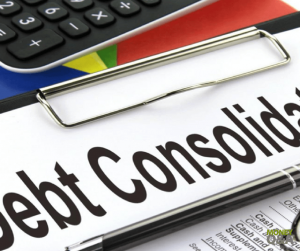The Opportunity Cost of Debt You Are Holding Onto in Life
The following is a guest post from the crew over at Kasasa, a financial technology and marketing services company for the banking industry. Kasasa provides local banks and credit unions with marketing, resources, and innovative products including free checking. If you haven’t checked out their services, I highly recommend you do so and find an institution near you that offers Kasasa’s free checking. It’s hard to avoid debt. Without it, the idea of buying a home or going to college would be unattainable for many. Even the people who we see as successful or enviable most likely have debts in some form. So how can you utilize debt to grow your worth without digging a hole you can’t get out … Read more




